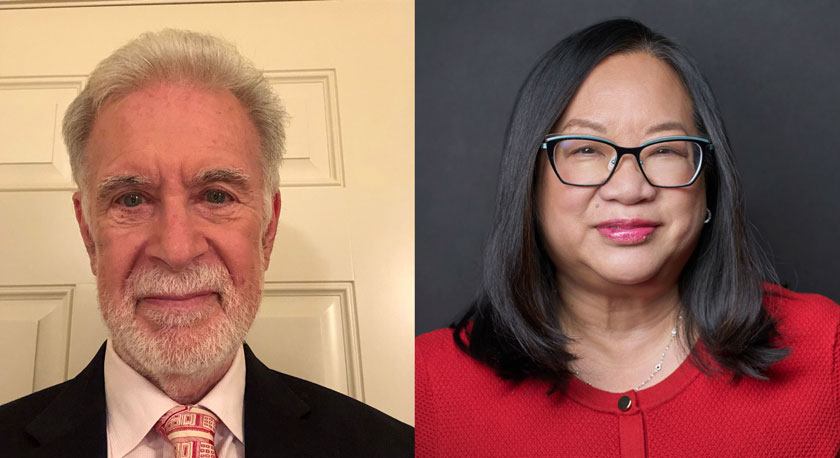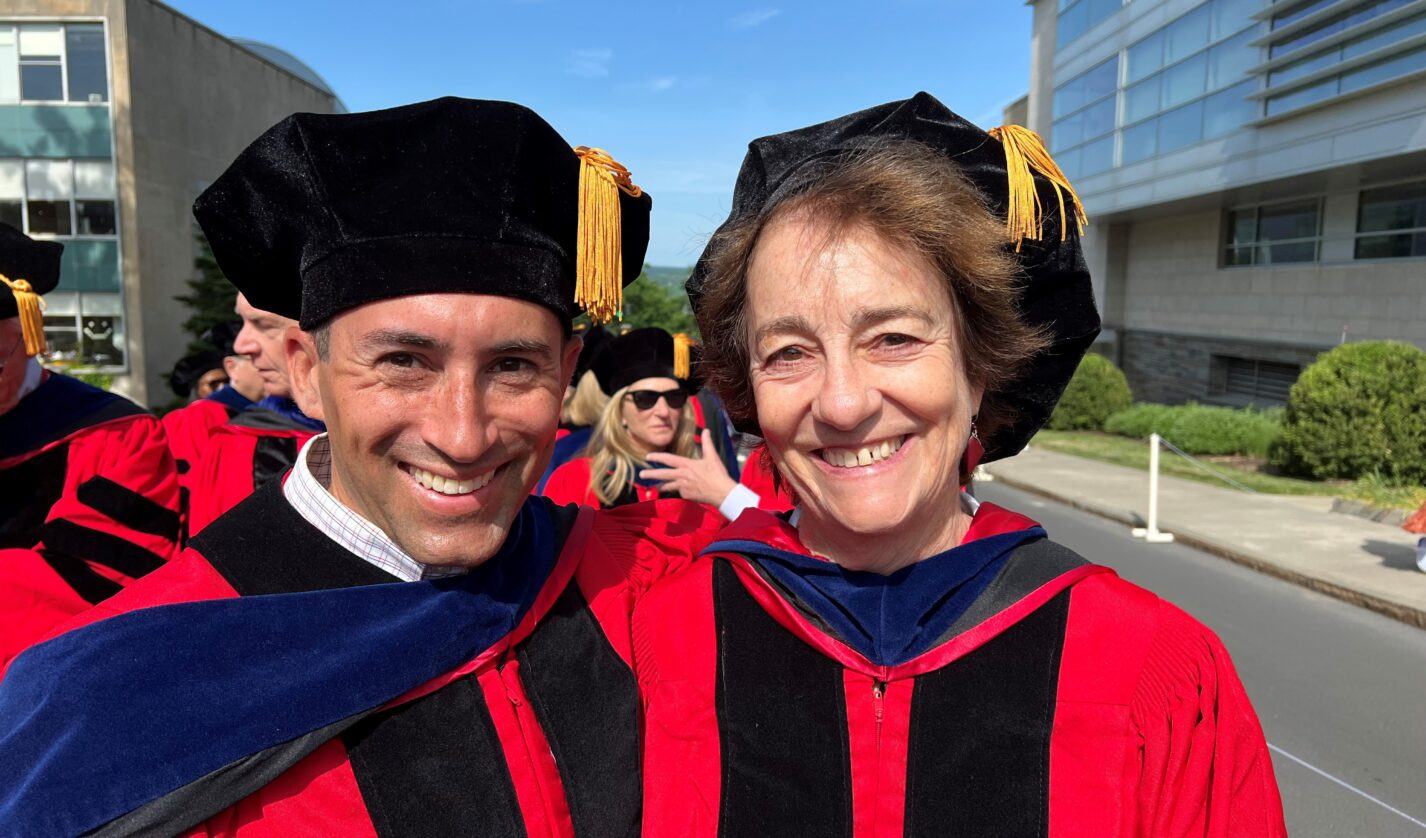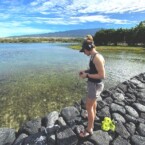Scott Belsky is an executive, entrepreneur, author, and investor whose passion for business leadership and innovation came alive during his undergraduate years at Cornell. The founder of multiple start-ups including Behance, a website for creative portfolios that was acquired by Adobe in 2012, Belsky today applies his entrepreneurial thinking as Adobe’s chief product officer. Belsky served as emcee and moderator of the Cornell Entrepreneurship Summit in New York City on Nov. 9, 2018.
What is your role at Adobe and what problems are you trying to solve?
I am Adobe’s chief product officer, responsible for all of the company’s creative products including Photoshop, our video products, and emerging fields like experience design and augmented reality. In a world of increasing automation and commoditization of labor, I think that creativity is the most critical skill for the future dignity of humanity. Design has become a form of literacy akin to learning how to read and write or add and subtract. My mission at Adobe is to make creativity more accessible to more people, to make the world’s creative tools more powerful and easy to use, and to help creative people succeed in new mediums like augmented reality.
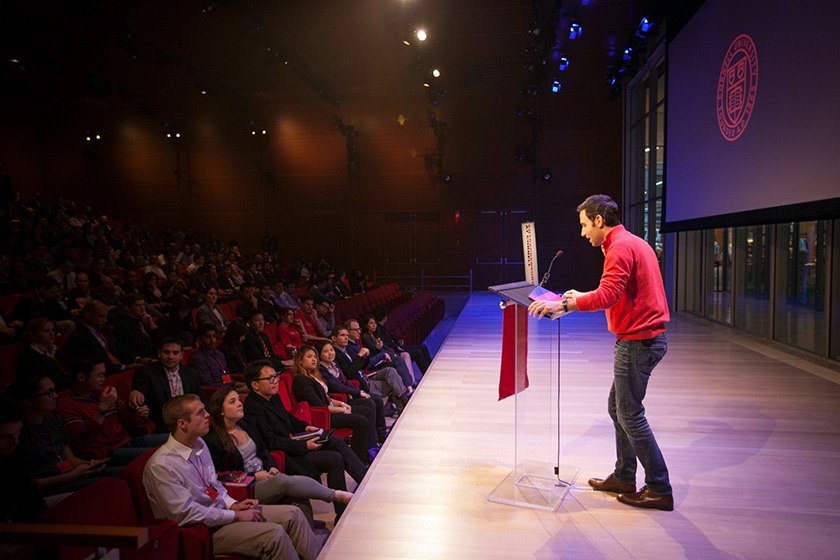
How does your entrepreneurial experience influence how you do your job?
Entrepreneurship is about identifying edges that will someday become the center, and building and leading teams over the long haul to turn such a vision into reality, despite the odds. In this light, I believe entrepreneurship can happen within companies or outside of companies. As an investor and co-founder of a few start-up companies, I love the early stages of product and team building, and I find the same skills are applicable in a big organization. Also applicable in large companies is the value of resourcefulness over resources. Resources are like carbs — you run through them quickly, and they don’t solve problems over the long term. But resourcefulness is like muscle, it remains and helps you endure over time. In both start-ups and big companies, there is great value in constraints in the early stages of a new product or business.
Entrepreneurship is all about taking calculated risks. What’s the most pivotal risk you’ve taken, and how did it change your path?
There have been a number of risks I have taken in my career, and they haven’t all panned out as I had hoped. Some years ago, I took the risk of leaving product and business leadership to join a venture capital firm full-time. This turned out to be a bad match with my true interests, and I had to learn this the hard way. Starting Behance was a great risk and it did work out.
How has your experience at Cornell impacted how you approach business?
My time at Cornell was such a critical part of my education as an entrepreneur. The Entrepreneurship at Cornell program sent me as a delegate to represent the university at conferences that helped me learn about the emerging fields of technology. Leading the student-run Cornell Entrepreneur Organization was an incredible experience. And all of the extracurricular activities and opportunities to take classes in areas of interest beyond my major and school helped feed my interest in entrepreneurship and confidence in my own abilities.
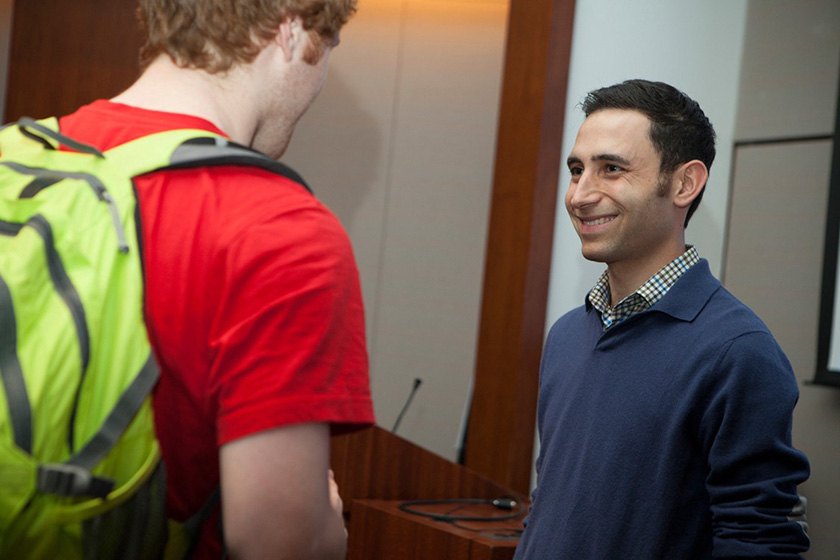
Was there a particular faculty member or class that influenced you the most? If so, how?
There are a number of faculty who played an important role in my Cornell experience. Deborah Streeter was a mentor and adviser, and her encouragement played no small role in my confidence and preparedness. John Jaquette, former head of the entrepreneurship program, became a close mentor and friend. Sheila Danko, in the Design and Environmental Analysis major, was one of my favorite professors — she opened my mind to the world of design and how it could be applied in so many different ways. Those are just a few of the faculty members that I am deeply grateful to.
What has been your proudest moment as an entrepreneur? Why?
My proudest moments are, without a doubt, when I see the transformation of people on my teams. I recall several moments when certain people were promoted or went on to start a company of their own. It is an amazing feeling to take part in someone’s evolution as a leader.
Who or what inspires you?
The new products, companies and book projects I have started over the years have all been inspired by frustration. Behance was inspired by my frustration with how disorganized the creative world was at the time. There was no online portfolio platform to help creative professionals organize all of their work and keep their portfolio sites updated. And my latest book project, “The Messy Middle,” was inspired by my frustration with how the media obsess over the starts and finishes of ventures while failing to discuss the volatility in between and its importance. Personal frustration is a clue for collective frustration, and collective frustration is a signal for opportunity to be creative.
If you had one piece of advice to someone just starting out, what would it be?
Think beyond your own fascinations. If you’re an artist, make sure your work comes from as deep within you as it is inspired by what’s around you. If you’re building a business or solving a problem, start with empathy and validate the need for a solution. If you’re looking for inspiration, look for problems rather than ideas. Add incremental value to this vast system we live in rather than just moving value around.
Cornell’s expertise in research, technology and business education translates into meaningful impacts in communities around the world. Our mission extends beyond the classroom, helping entrepreneurs access the research and mentorship they need to start and grow successful businesses. Learn more.
This interview was conducted by Savannah Whiting of Cornell Strategic Communications.

